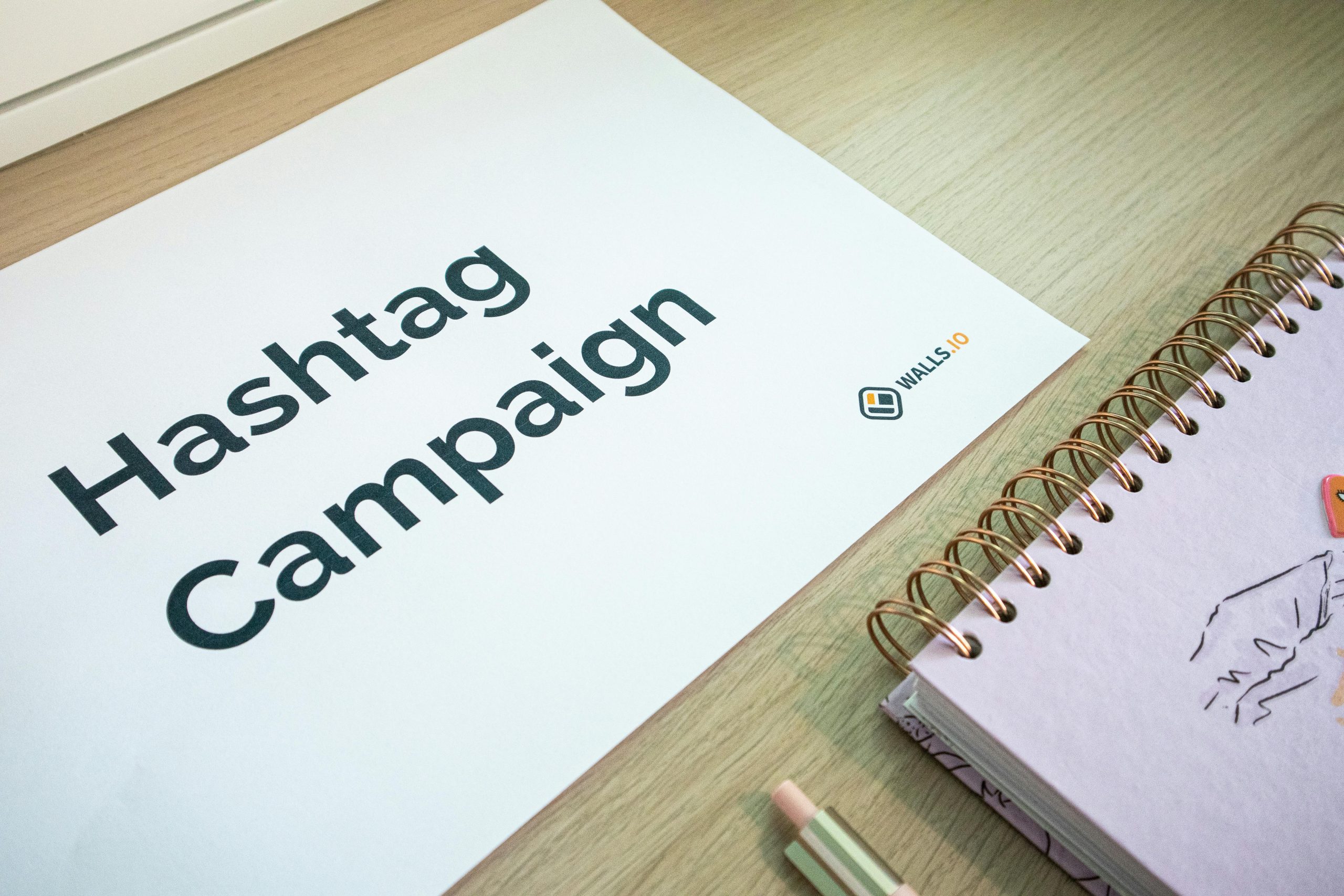Content marketing has become a cornerstone of modern digital strategy, helping brands engage audiences, build trust, and drive conversions. While theory is valuable, real-world success stories offer the best inspiration. In this article, we explore top content marketing case studies that demonstrate how innovative campaigns can deliver exceptional results. From viral storytelling to data-driven strategies, these examples showcase the power of compelling content.
1. Red Bull: Stratos – A Leap into Content Marketing History
Red Bull’s Stratos campaign remains one of the most iconic examples of content marketing. In 2012, Felix Baumgartner jumped from the edge of space, breaking records and capturing global attention. But this wasn’t just a stunt—it was a masterclass in storytelling.
Key Takeaways:
- Emotional Engagement: The live-streamed event created suspense and excitement, keeping millions glued to their screens.
- Brand Alignment: Red Bull reinforced its “gives you wings” slogan without overtly selling a product.
- Multi-Channel Distribution: The campaign leveraged YouTube, social media, and PR to maximize reach.
The result? Over 8 million concurrent YouTube viewers and a lasting boost in brand perception.
2. HubSpot: Inbound Marketing Revolution
HubSpot didn’t just create a product—it built an entire movement around inbound marketing. By offering free, high-value content like eBooks, templates, and certifications, HubSpot established itself as an industry leader.
Key Takeaways:
- Educational Content: HubSpot’s blog and resources addressed pain points, attracting a loyal audience.
- Lead Generation: Gated content helped capture leads while providing genuine value.
- Community Building: Events like INBOUND fostered a sense of belonging among marketers.
Today, HubSpot’s content-driven approach has made it a billion-dollar company.
3. Airbnb: “Live There” Campaign
Airbnb’s “Live There” campaign shifted focus from being a booking platform to promoting authentic travel experiences. Through user-generated content, videos, and city guides, Airbnb positioned itself as a gateway to local culture.
Key Takeaways:
- User-Generated Content: Real stories from hosts and travelers built credibility.
- Personalization: Tailored recommendations made users feel understood.
- Emotional Storytelling: The campaign highlighted unique, personal travel moments.
The result? Increased bookings and a stronger brand identity.
4. Blendtec: “Will It Blend?” Viral Videos
Blendtec’s quirky “Will It Blend?” series turned a mundane product—a blender—into a viral sensation. By blending everything from iPhones to golf balls, the brand showcased its product’s power in an entertaining way.
Key Takeaways:
- Humor and Creativity: Unconventional content captured attention and went viral.
- Product Demonstration: The videos proved Blendtec’s durability without traditional ads.
- Low-Cost Production: Simple, authentic content outperformed high-budget campaigns.
The campaign boosted sales by 700% and became a benchmark for viral marketing.
5. Coca-Cola: “Share a Coke” Personalization
Coca-Cola’s “Share a Coke” campaign replaced its logo with popular names, encouraging customers to find bottles with their names or gift them to friends. This simple yet powerful idea drove massive engagement.
Key Takeaways:
- Personalization: Customized bottles created an emotional connection.
- User Participation: Social media challenges amplified reach.
- Global Scalability: The campaign adapted to different languages and cultures.
Coca-Cola saw a 2% increase in sales after years of decline, proving the power of personalization.
Conclusion
These content marketing case studies highlight the importance of creativity, authenticity, and audience-centric strategies. Whether through viral stunts, educational content, or personalized experiences, successful campaigns prioritize value over promotion. By learning from these examples, brands can craft their own winning content strategies that resonate with audiences and drive measurable results.
